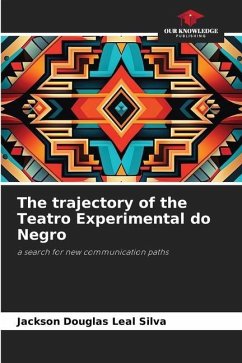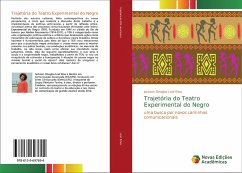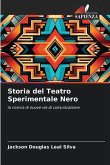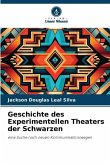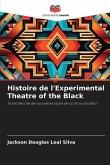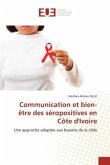Starting from cultural studies, a contemporary line of thought, the motto that underpins the discussion in this paper is the implementation of anti-racist policies based on critical-conceptual reflection on the communication processes carried out by the Teatro Experimental do Negro (TEN). Founded in 1944 in the city of Rio de Janeiro by Abdias Nascimento (1914-2011), the TEN is categorized as a political-aesthetic and artistic organization that developed actions as a mechanism for valuing black Brazilian culture and people. Our hypothesis is based on the idea that the TEN created mechanisms for the black population to articulate and create means to show themselves on theatrical stages, in academic productions, in the job market, in social life, as well as affirming their racial identity. So we asked ourselves the following question: what were the black body and black corporeality, as worked on by the TEN, if not a receptacle for subversion and transgression of the situation of the black person in the theatrical and social scene of the time? A way of blackening academic thought and our daily struggles? Asè O!
Bitte wählen Sie Ihr Anliegen aus.
Rechnungen
Retourenschein anfordern
Bestellstatus
Storno

